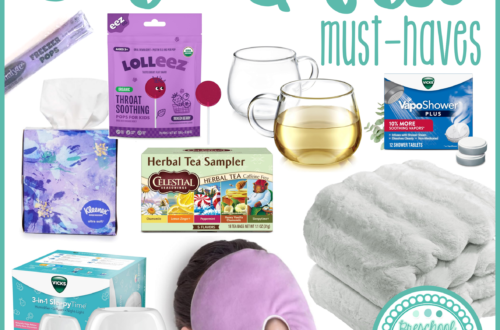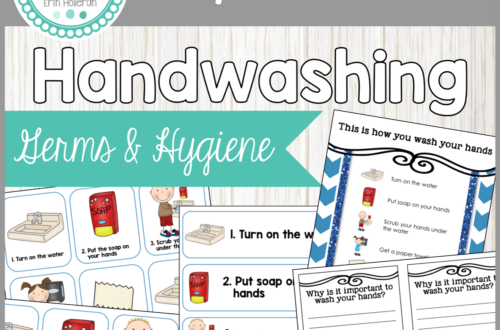Happy Week of the Young Child! Today's post is all about encouraging healthy lifestyles. If you look at your average preschooler, he or she probably has a lot of opportunities for physical activity throughout the day. He or she probably has a family that does their best to provide healthy, nutritious meals. There is more to encouraging healthy lifestyles than exercise and eating right, young children have to understand why these things are important. If we don't help them understand the principles behind living healthy, then when they are old enough to decide how to spend their time and what they want to eat, they won't value the choices that keep them healthy.
It's important to talk to children about why you do the things you do. Please continue to do all of those physical activities - dance to silly music, play soccer on the playground, have relay races, and after you finish, take some time to cool down. Show children how to stretch their muscles, and talk about how you all feel after you finish playing hard. Help children recognize that their breathing is deeper, their muscles might feel tight, and they are probably sweaty. Help them understand that this is how we know our bodies have been working hard, and the more hardwork we do, the easier it will get. Explain that these kinds of activities keep us heathy, they strengthen and tone our muscles, they build up endurance, and they make us feel good!
We also want children to eat healthy foods, but in order to choose healthy foods, they have to understand what foods are healthy and what foods are not healthy. One of my favorite things to do to encourage healthy eating is to have "taste test" days.
One day the class can taste different kinds of fruits (children are often more willing to try new things when they see their friends try them too). Give each child a small plate with different pieces of fruit - make sure to include the familiar ones (apples, bananas, grapes) along with some that might be new to the children (kiwis, mangos, star fruit). The familiar fruits will give the children confidence to try the new fruits. Make a list of the fruits that the children enjoyed, and talk about how fruits are sweet, and taste good, but they are also healthy (in moderation) because they give your body nutrients.
The next day you can taste test vegetables and have similar conversations. Parents would probably love to see the results of your experiment. I'm sure that many would be surprised to see what their children are willing to try, and you may give them new ideas for snacks and meals that their families can eat at home.
Being healthy is not about losing weight, it's about giving your body the nutrients that it needs to work properly, and exercising to keep your muscles strong. Children are more willing to make healthy choices when they understand that their choices will affect how their body works. It gives them a very tangible reason to eat right and exercise.
All of my posts this week will deal with a different facet of Early Childhood Education. These posts are great for sharing with families and with staff, so be sure to check back every day for new information! Take a minute to check out these related posts:
Why is Early Literacy Important?
Quotes for Celebrating Parents






